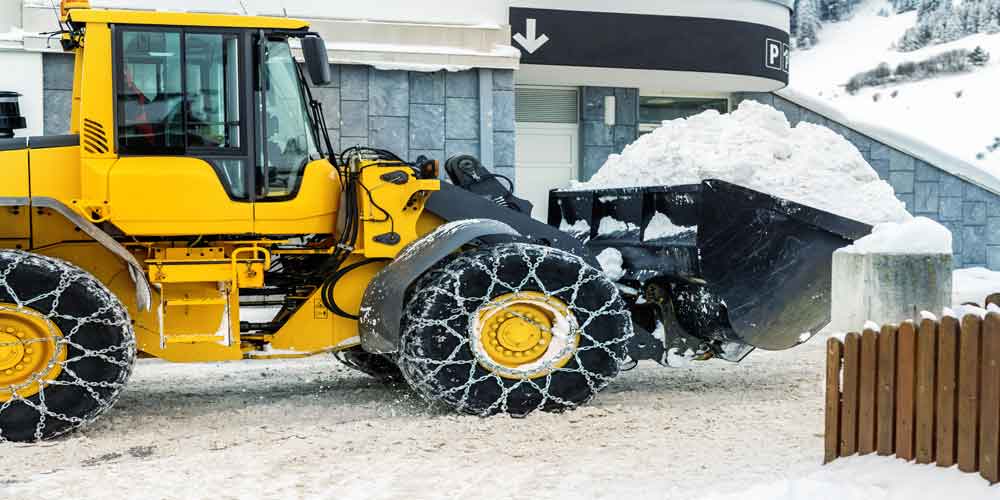Navigating the Choice: Renting vs. Buying Heavy Plant Equipment
In the world of construction, manufacturing, and other industrial endeavors, the decision to acquire heavy plant equipment is a critical one. Companies often find themselves at a crossroads, contemplating whether to rent or buy the machinery they need to propel their projects forward. Both options have their merits and drawbacks, and navigating this choice requires careful consideration of various factors.
1. Financial Implications:
Renting: Opting to rent heavy plant equipment can provide financial flexibility. Upfront costs are significantly lower, and ongoing maintenance expenses are usually covered by the rental company. This is particularly advantageous for short-term projects or when the required equipment is specialized and rarely used.
Buying: Purchasing heavy machinery can be a substantial investment. However, it offers the potential for long-term cost savings, especially for projects that extend over several years. The equipment becomes a valuable asset and might even have a resale value if well-maintained.
2. Project Duration:
Renting: Short-term projects that demand specific machinery for a limited duration are ideal for renting. Renting allows for access to specialized equipment without committing to its long-term ownership.
Buying: If your projects are ongoing and require the same type of machinery repeatedly, buying might be a smarter choice. It eliminates the need to renegotiate rental agreements and ensures equipment availability at all times.
3. Maintenance and Repairs:
Renting: Rental agreements often include maintenance and repair services, relieving you of the burden of upkeep. This is particularly beneficial if you lack the resources or expertise for maintaining heavy machinery.
Buying: When you own the equipment, you have complete control over its maintenance. Proper upkeep can extend the lifespan of the machinery and reduce downtime. However, maintenance costs are borne by your company.
4. Equipment Diversity:
Renting: For projects requiring a range of specialized equipment, renting can provide access to a diverse fleet. This is particularly useful when dealing with multifaceted tasks that demand various types of machinery.
Buying: Owning equipment might limit your flexibility in tackling diverse projects. Investing in a wide array of machinery can be expensive and might lead to underutilization if specific pieces are rarely needed.
5. Depreciation:
Renting: You avoid the issue of equipment depreciation when you rent. The value of the machinery isn’t a concern, and you’re not exposed to potential losses due to its declining value.
Buying: Heavy plant equipment typically depreciates over time. While this might not be a problem if the machinery is essential for your ongoing projects, it’s important to factor in potential depreciation when making your decision.
The choice between renting and buying heavy plant equipment hinges on a variety of factors, including financial considerations, project duration, maintenance needs, equipment diversity, and the potential for depreciation. The decision should be based on a thorough analysis of your company’s specific circumstances and requirements. While renting offers flexibility and lower upfront costs, buying can provide long-term savings and asset ownership.
Ultimately, the best choice will align with your company’s goals, project demands, and financial capabilities.
